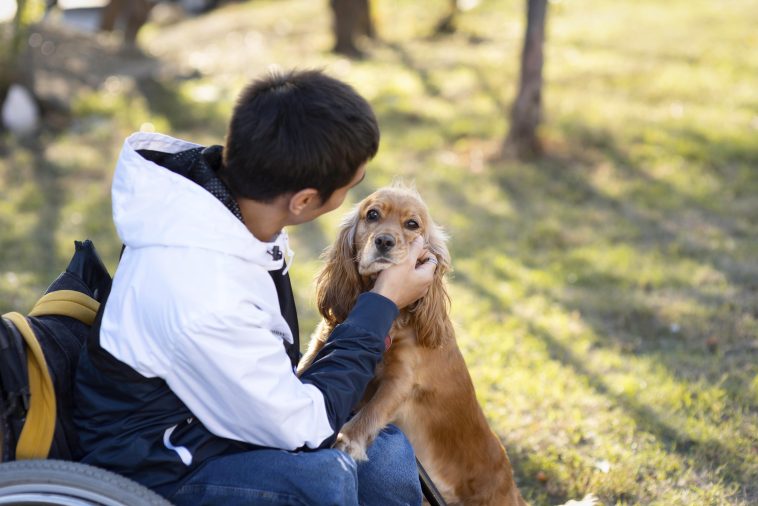Introduction: Cindy Foley delves into the curious canine behavior of eating cat poop, shedding light on the reasons behind this perplexing habit. While it might seem harmless, Foley highlights potential risks associated with the ingestion of litter and explores practical methods for preventing dogs from indulging in this unusual dietary choice. Backed by studies, Foley emphasizes the simplicity of the solution—keeping dogs away from the litter box—and dispels myths surrounding medications and products designed to curb this behavior.
Preventing Dogs from Eating Cat Poop:
- Control Access:

- Move the litter box to an inaccessible location using cat doors, baby gates, or elevated placement.
- Strategically position the litter box in a room where the cat can easily access it but the dog cannot.
- Avoid Clumping Litters:
- Clumping litters pose a serious threat as they can expand inside a dog’s stomach.
- Opt for litters without harmful additives like crystals or scented flakes.
- Human Intervention:
- Studies show that medications and deterrent products are generally ineffective.
- Human intervention, such as controlling the dog’s access to cat poop, is the most reliable solution.
Understanding the Attraction to Cat Poop:
- Protein Content:
- Cat poop’s high protein content, a result of their obligate carnivore diet, makes it particularly attractive to dogs.
- Protein-rich stools may entice dogs, especially those with a penchant for indulging in various items.
- Ancestral Behavior:
- Researchers hypothesize that dogs eating poop could be an ancestral behavior aimed at maintaining cleanliness in the den.
- An instinctual drive to clean up the environment may contribute to this behavior.
Conclusion: Cindy Foley demystifies the enigma of dogs eating cat poop, offering practical insights for concerned pet owners. By understanding the potential risks and adopting preventive measures, owners can safeguard their dogs from health issues associated with this peculiar habit. Foley underscores the importance of human intervention, dispelling the effectiveness of various products and medications. Ultimately, maintaining a poop-free environment emerges as the most straightforward and reliable solution, aligning with both scientific studies and practical wisdom in the realm of canine behavior.


